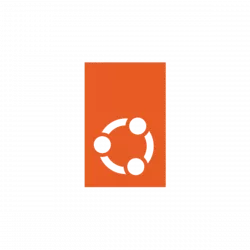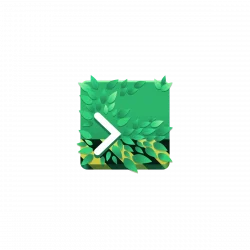![]()
Wallpaper Competition for Ubuntu 26.04, Resolute Raccoon, opened for submissions. 6 of them will be included in the disc images.
This is one of my top favorite community activities. I’m neither an expert artist nor a professional photographer, but I can get many cool images and vote my favorites to be optional wallpapers for all Ubuntu users.















